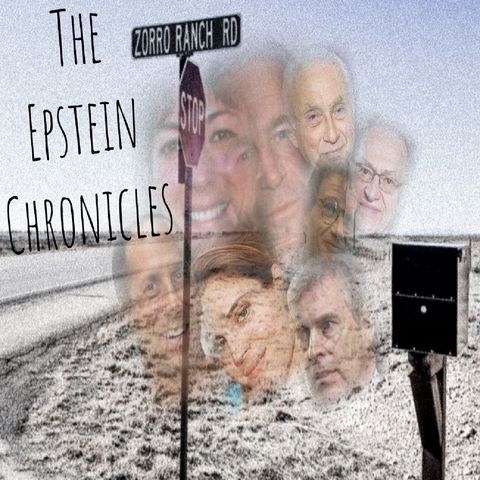Is Cassie Ventura Providing Valuable Information To The Feds? (4/8/24)

Sign up for free
Listen to this episode and many more. Enjoy the best podcasts on Spreaker!
Download and listen anywhere
Download your favorite episodes and enjoy them, wherever you are! Sign up or log in now to access offline listening.
Description
In the United States, federal investigators may use testimony from accusers in civil matters to pursue criminal charges if a crime has been committed. Here's how this process generally works:...
show more- Separation of Civil and Criminal Proceedings: Civil and criminal matters are typically handled separately in the legal system. Civil cases involve disputes between individuals or entities seeking monetary damages or specific performance, while criminal cases involve the prosecution of individuals by the government for violating laws.
- Accuser Testimony in Civil Cases: In civil cases, individuals (the accusers) may testify under oath about their experiences, allegations, or claims against the defendant. This testimony is presented before a judge or jury, and the standard of proof is typically lower than in criminal cases. In civil cases, the standard of proof is usually based on a preponderance of the evidence, meaning the evidence supports the accuser's claims more than it supports the defendant's position.
- Federal Investigation: If the accuser's testimony in a civil case suggests that a crime may have been committed, federal investigators, such as those from the Federal Bureau of Investigation (FBI) or other relevant agencies, may launch a criminal investigation. They will gather additional evidence, interview witnesses, and assess the credibility of the accuser's testimony in the context of potential criminal charges.
- Criminal Charges: If the investigation uncovers sufficient evidence to support criminal charges, prosecutors may bring charges against the accused individual or entity. The decision to pursue criminal charges is typically based on the sufficiency of evidence, the applicable laws, and prosecutorial discretion.
- Use of Accuser Testimony: Accuser testimony from the civil case may be used as evidence in the criminal trial, subject to rules of evidence and the defendant's rights to confront witnesses. The credibility of the accuser and the reliability of their testimony will likely be scrutinized during the criminal proceedings.
- Criminal Trial: The defendant in the criminal case will have the opportunity to present a defense, including challenging the accuser's testimony, presenting alibi evidence, or disputing the prosecution's evidence. The prosecution must prove the defendant's guilt beyond a reasonable doubt, which is a higher standard of proof than in civil cases.
- Potential Outcomes: If the defendant is found guilty in the criminal trial, they may face penalties such as imprisonment, fines, probation, or other consequences depending on the nature of the crime and applicable laws. If found not guilty, they will be acquitted of the charges.
So, what, if any sort of information are the accusers providing to the Feds?
Let's dive in and see if we can find some clarity in all of this muck.
(commercial at 9:26)
to contact me:
bobbycapucci@protonmail.com
source:
Sean 'Diddy' Combs' ex Cassie likely 'important' witness in Homeland Security trafficking probe: expert | Fox News
Information
Copyright 2024 - Spreaker Inc. an iHeartMedia Company
